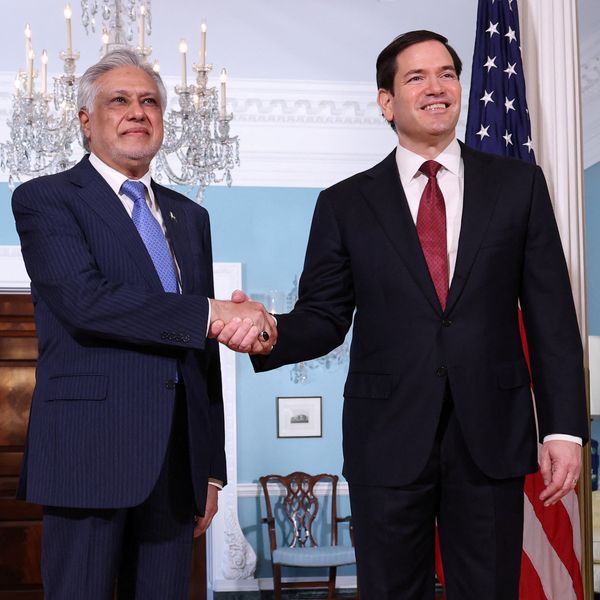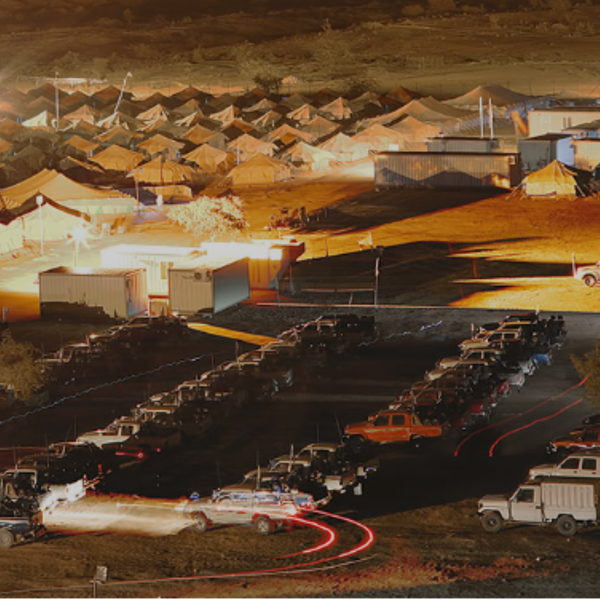Pakistan, Bangladesh to sign MoU on halal standards recognition
Deal to align certification protocols, ease trade flows as global halal market surges past $3.3 trillion

Shahzad Raza
Correspondent
Shahzad; a journalist with 12+ years of experience, working in Multi Media. Worked in Field, covered Big Legal Constitutional and Political Events in Pakistan since 2012. Graduate of Islamic University Islamabad.

Photo by @markusspiske via Unsplash
Pakistan and Bangladesh will sign a Memorandum of Understanding (MoU) aimed at mutual recognition of halal standards and certification bodies.
The initiative, cleared by Pakistan’s cabinet comes at a pivotal moment for both nations amid booming global halal trade.
The planned MoU will align the halal certification protocols of Pakistan Halal Authority (PHA) and Bangladesh Standards and Testing Institution (BSTI), paving the way for smoother trade flows, reduced barriers, and enhanced trust among exporters and importers in both countries.
The halal trade is witnessing massive growth, with the global market valued at around $3.3 trillion in 2025, projected to climb to approximately $9.45 trillion by 2034.
Bangladesh’s halal export sector is gaining momentum. As per reports, approximately 235 companies obtained halal certification in fiscal year 2022-23, with over 100 actively exporting more than 600 product categories globally.
On the other hand, meat exports in Pakistan reached $511 million in FY 2023-24, a 20% year-on-year (YoY) growth.
Islamabad ranks among the top 10 global beef/veal producers, also gaining access to China and Malaysia. Meanwhile, Middle Eastern and Gulf markets offer untapped opportunities for halal meat.
Recently, PHA has taken proactive steps toward building a competitive halal ecosystem including establishment of the Halal Mark Logo Scheme, featuring zero marking fees on exports, and 50% reduced fees for local items and also secured MoU agreements with Malaysia, UAE, Indonesia, Türkiye, and Belarus, promoting mutual recognition of standards and streamlined certification processes.










Comments
See what people are discussing